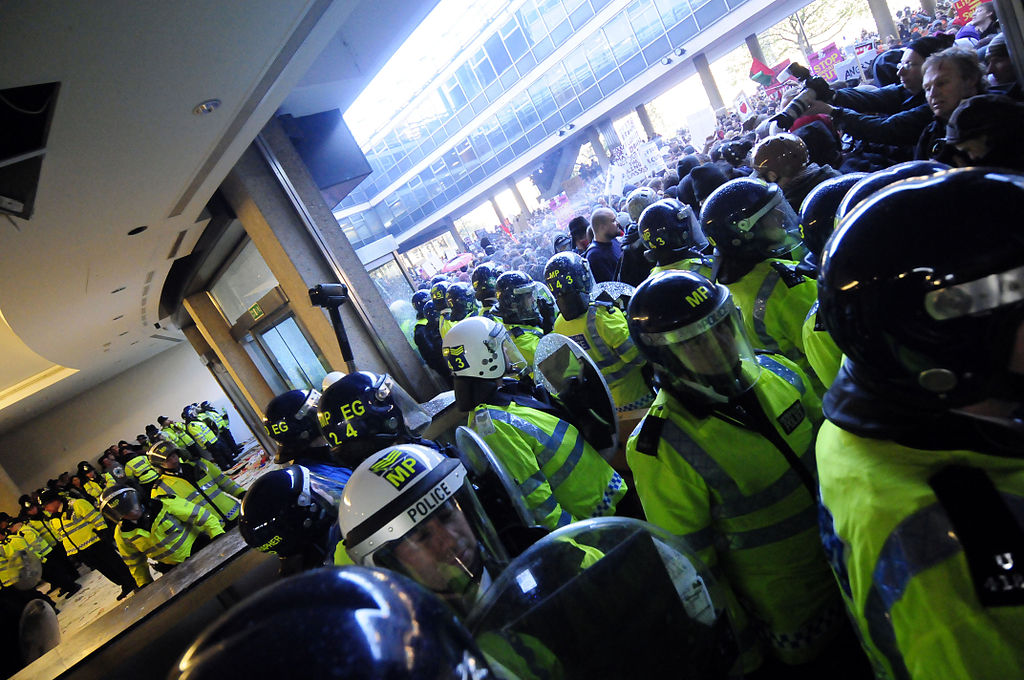How can we catalyze youth engagement?
Youth engagement in politics is a sclerotic mess. Its failing deprives adults of informed consultation, and young people of a chance for careful debate on important issues. A reform would give significant benefits to all involved parties and should be carried through.
Due to a lack of any serious strategy, youth engagement in the UK is disappointingly insufficient. One of the biggest stakeholders is the UK Youth Parliament, comprised of elected young people. They exist to mobilise youth on issues and provide an immediate interface between young people and politicians. In so doing, they’re given around £500,000 a year by the Department for Education.
This seems to be a cohesive, well-funded organisation – so what’s the catch? Well, average turnout in elections is under 5% of the total electorate. There is no name recognition of Members of Youth Parliament in their constituencies. And in any case, many counties have withdrawn their involvement with the scheme.
What’s more, by focusing on large issues like universal credit or wealth inequality, very little is accomplished. Painful as it is to admit it, 400-odd young people in a room are unlikely to seriously change national priorities.
Local authority run youth engagement schemes, do exist. Some of these are successful. Many are not. Personal experience suggests they are critically underfunded and exist more to check a box than to seriously empower the youth. Other groups run by charities and smaller groups like hospitals or ambulance services can contribute. But they are invariably balkanised and lack a collective focus.
Having described the tangled mess of youth engagement bodies, the question becomes – why does it matter? Young people are hardly famed for policy expertise, after all. And, there are always the youth wings of different parties for those so inclined.
It matters for two key reasons. The first is that adult grasp of youth priorities is often flawed. This is no sin, of course. What is more problematic is adults drafting policy to address youth issues without robust consultation of those it will affect. More youth engagement and representation would go some way to fixing this issue.
The second is that current options for political engagement fails to promote substantive debate of issues. One of the great rallying cries of contemporary political commentary is a wish for civility and consideration of the opponent. This is a skill which requires practice. The politicians of tomorrow currently have no real avenue to do this. Fixing youth engagement would provide this avenue.
The first step must be to create a central goal at the high level. All the money and the good will in the world is useless without something to achieve. This effort could be spearheaded by the All-Party Parliamentary Group on Youth Affairs, among other bodies.
The second step should be to devolve youth engagement to the counties. At the national level, young people cannot exercise real influence. Locally, however, they can. National funding and oversight could empower local authorities to form durable youth groups. Efforts should be made to solicit non-governmental sponsors – for example, private school community outreach programs could provide additional resources.
The third step should be to ensure that youth focus groups have an elective component. Without this, young people are dis-empowered and can be safely discounted. If elected, however, they gain a democratic mandate. The campaigning and consultation required by elections would also involve more young people in politics.
The fourth step should be, eventually, to work towards a sustainable national body. Building from the legitimacy and success of local groups, a national forum could be formed. Representatives to it would not be directly elected, but rather appointed by members of their local youth group. This would provide them with a firm backing and provide a clear point of entry for aspiring young people.
These steps are only provisional. The key point is that this conversation needs to happen. Not vague aphorisms and declarations of ideal. Politicians and young people need to sit down and craft serious policy for substantive engagement.
The Conservatives should lead the charge on this issue. Naturally, any process must be non-partisan. However, Conservatives have the most to gain. One of the key problems in the party at present is engaging young people. At the moment, Conservative strategy is to go toe to toe with Labour. Social media to counter social media, Activate vs Momentum and so on.
These efforts have not always been successful.
Conservatives should instead play to their strengths of sober decision making and careful analysis of change. Musicals festivals do not communicate that message very well. Policy roundtables do. By supporting serious and non-partisan youth engagement, the Conservatives promote greater understanding of the responsibilities of government. That, in turn, is an organically communicated antidote to radicalism from Labour.
Such an effort of reform is unlikely to be easy. However, it would provide serious benefit to the body politic, and to the Conservative Party. And that means it is worth attempting.

